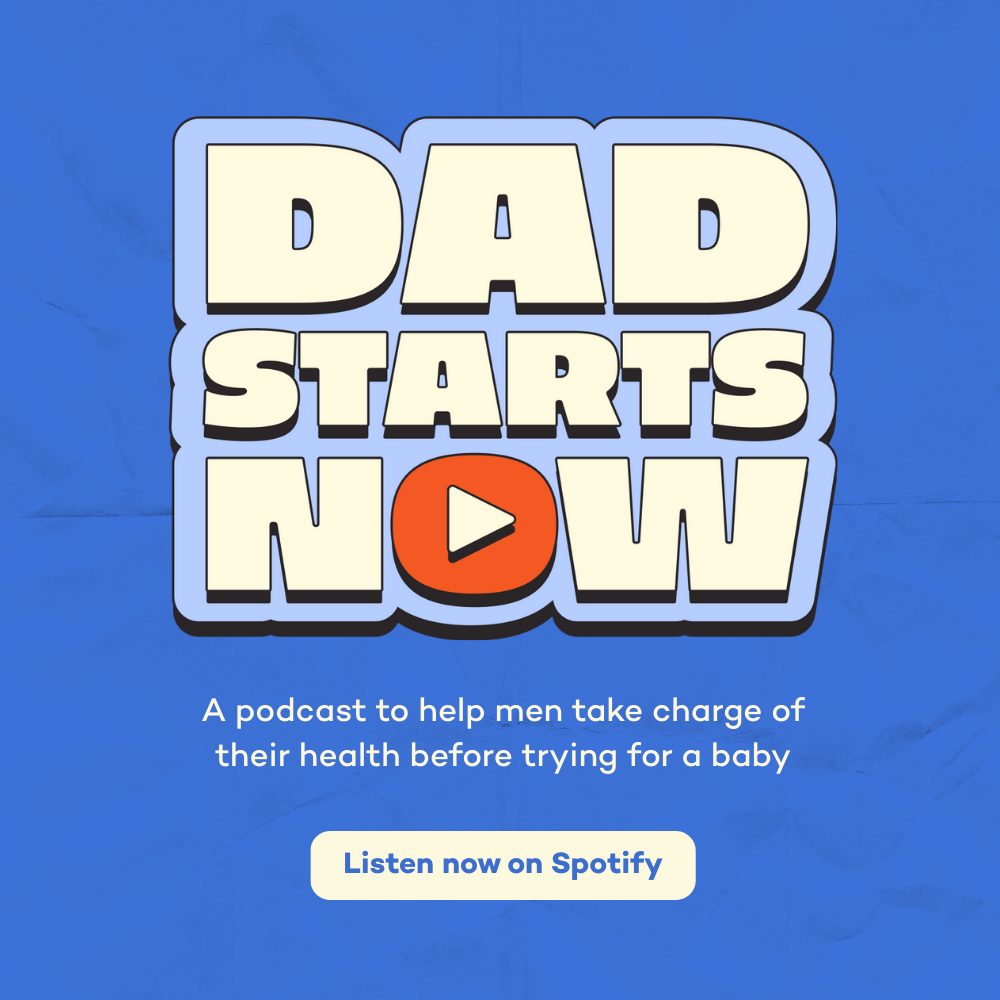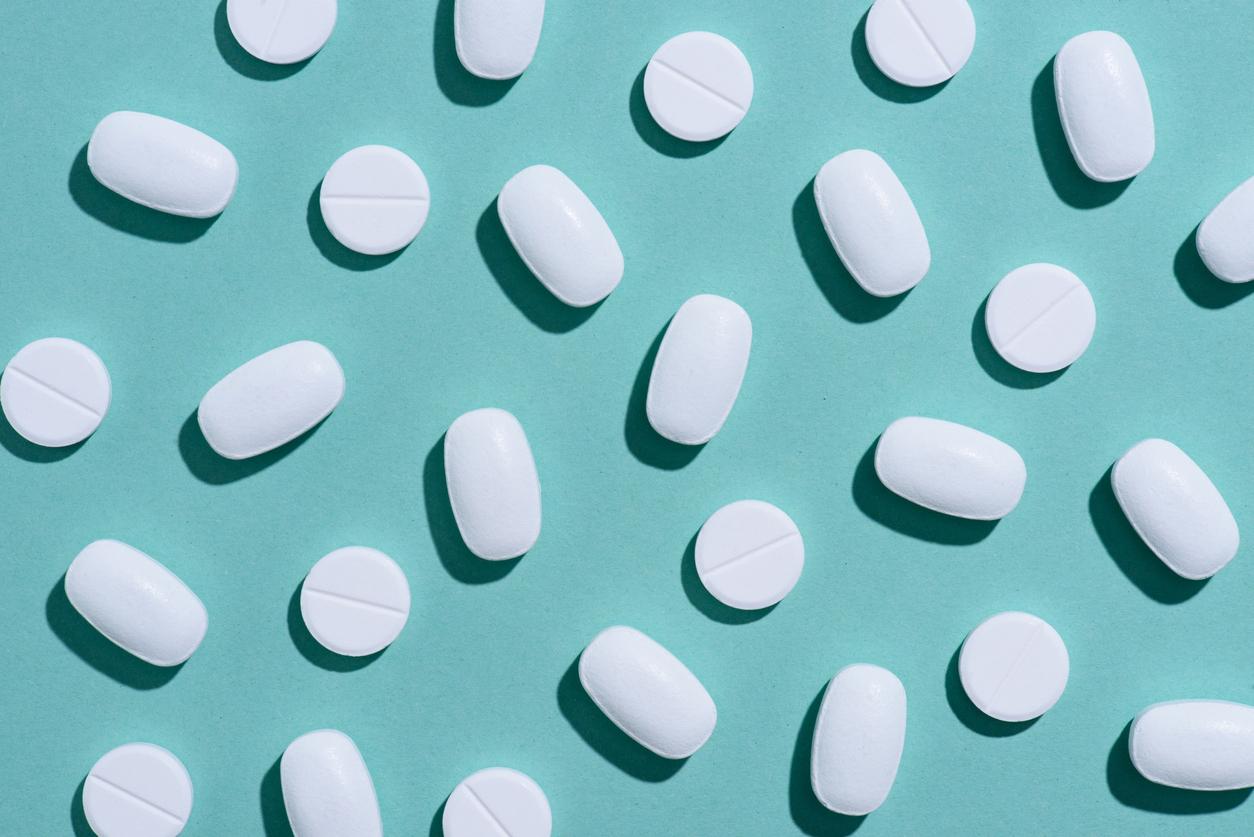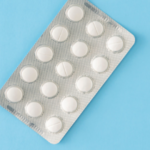Over-the-counter pain medications, or analgesics, have recently been in the spotlight regarding their potential effects on the development and function of the male reproductive system and on androgen production in adult men. What does the research tell us?
Analgesic use to treat pain and inflammation by reproductive-aged men and women
Over-the-counter analgesics such as acetaminophen (paracetamol) and nonsteroidal anti-inflammatories (NSAIDs) such as ibuprofen, aspirin and diclofenac are commonly used by reproductive-aged men and women.
Over a two week period in Australia, 5% of pregnant women reported using a non-opioid analgesic and 15-20% of men aged between 25 and 54 reported chronic or reoccurring pain and the use of non‐opioid analgesic medications.
Understanding the use of analgesics by prospective parents is important because emerging evidence suggests it could influence the development of the reproductive system in male babies during pregnancy as well as the reproductive health of prospective fathers.
What is the evidence that analgesic use by pregnant women could influence reproductive outcomes in male offspring?
Although pregnant women are generally advised to avoid taking medication, a majority of women report using some type of analgesic during pregnancy.
These analgesics can cross the placenta and impact fetal development. It is unethical to study the effects of analgesic use on human pregnancy and therefore evidence has been gathered from epidemiological studies, animal models and in vitro systems.
The human male reproductive tract develops between weeks eight and 14 of gestation, during the masculinisation programming window.
During this period, the development of the testis and secondary sexual organs is driven by locally produced androgens, but can be disrupted by environmental factors, particularly endocrine disrupting agents that alter hormone production and action.
The production of androgens by the fetal testis is complex and involves multiple cell types and pathways, meaning that there are multiple points at which it could be disrupted.
Alterations to androgen production and action during the masculinisation programming window is associated with testicular dysgenesis syndrome, a spectrum of disorders including cryptorchidism and hypospadias in children, and testicular germ cell tumours and infertility in adulthood.
Testicular dysgenesis syndrome is also associated with reduced anogenital distance (AGD) in male offspring, which is a biomarker of low androgens during fetal life.
Paracetamol
Paracetamol is used by 50–70% of pregnant women in the Western world, with 15–54% taking it during the first trimester. Paracetamol inhibits cyclooxygenase-dependent production of prostaglandins and acts via cannabinoid, the descending inhibitory serotonergic, and vanilloid signalling pathways.
Experimental evidence from animal experiments and human testis explants demonstrates that paracetamol can reduce AGD and alter fetal testis cell function and gene expression, manifest as reduced testicular testosterone production and a decrease in steroidogenic gene expression.
Epidemiological data, however, is conflicting, likely due to many confounding factors.
A review of the evidence led to the release of an international Consensus Statement, co-signed by more than 90 experts in the field, which recommended that pregnant women should be cautioned against the use of paracetamol during pregnancy, and, if it is medically indicated, to minimise dose and time of exposure.
Ibuprofen
Ibuprofen is an NSAID that inhibits inflammation by reducing prostaglandin production. A number of epidemiological studies have shown a significantly increased risk of hypospadias and cryptorchidism following exposure to ibuprofen during pregnancy.
Studies using human testis tissue explants showed that ibuprofen could cause testicular disturbances during a narrow window of development, around eight to nine weeks of gestation.
Concentrations of ibuprofen relevant to human exposure altered Leydig and Sertoli cell function, reduced testosterone production and altered germ cell gene expression.
Therefore, ibuprofen exposure during pregnancy has the potential to induce testicular dysfunction, cause alterations in androgen production and disorders of male reproductive tract development, however more data are required before a clinical consensus can be reached.
What is the evidence that analgesic use could influence a man’s reproductive hormones and fertility?
Prostaglandins are produced by somatic cells within the testis and can influence testicular androgen production; hence, inhibition of prostaglandin production by ibuprofen has been investigated for its ability to impact on male reproductive health.
A double blind, placebo-controlled trial in 18–35-year-old men investigated the response of reproductive hormones to two x 600mg per day of ibuprofen for six weeks.
Men taking ibuprofen exhibited an increase in serum LH and a decrease in their free serum testosterone/LH ratio, a characteristic of compensated hypogonadism.
Men also showed evidence of reduced Sertoli cell function. Ibuprofen in clinically relevant doses in human testis explants inhibits testicular prostaglandin production, Leydig cell function and steroidogenesis, and alters the function of other testicular somatic cells.
There were no obvious changes in germ cells, but whether sperm function was affected was not investigated.
This study concluded that chronic ibuprofen use in reproductive-aged men can produce a state of compensated hypogonadism.
Temporary compensated hypogonadism can progress to primary hypogonadism in older men, and both conditions are associated with a wide range of symptoms in men, including reduced sexual and physical functions as well as an increased risk of spermatogenic abnormalities.
Long term ibuprofen use is high amongst amateur and professional athletes, as well as men with chronic pain and arthritis, and thus certain groups are likely to be at higher risk of adverse effects of ibuprofen.
What to tell your patients
Pregnant women should be advised to avoid indiscriminate use of paracetamol unless medically necessary, and to use the lowest effective dose for the shortest possible time when it is required.
Women seeking fertility could be counselled to avoid paracetamol and NSAID use, especially during the first and second trimesters, as there is evidence that they could cause disturbances in reproductive tract development in male offspring that could influence future health and fertility.
It should be noted that defining the mechanistic actions of analgesics on human pregnancy is logistically challenging, and more research is needed to define how commonly used pain relief medications could influence fetal male reproductive tract development and the reproductive health and fertility of the adult male offspring.
Men taking ibuprofen, particularly athletes and men with chronic pain or arthritis, could be advised that sustained ibuprofen use may be associated with endocrine and reproductive changes that could have adverse effects on their fertility and wellbeing.














